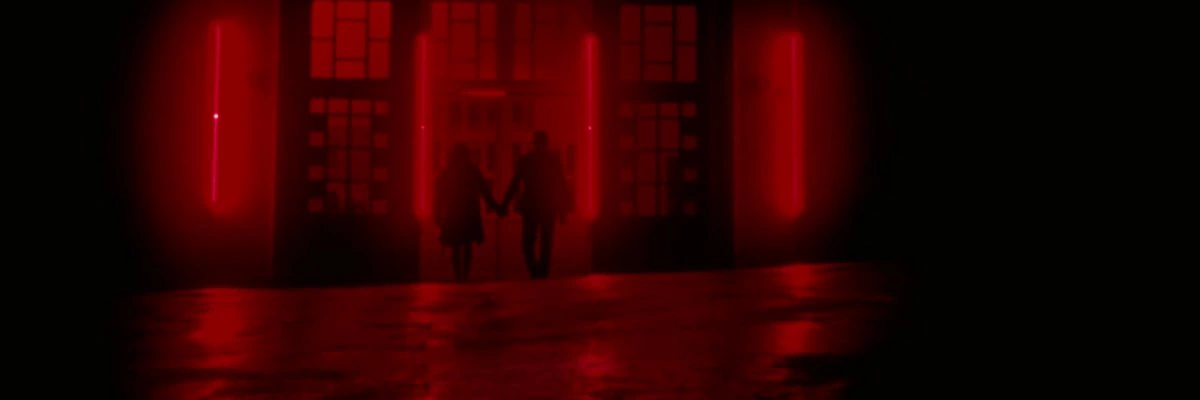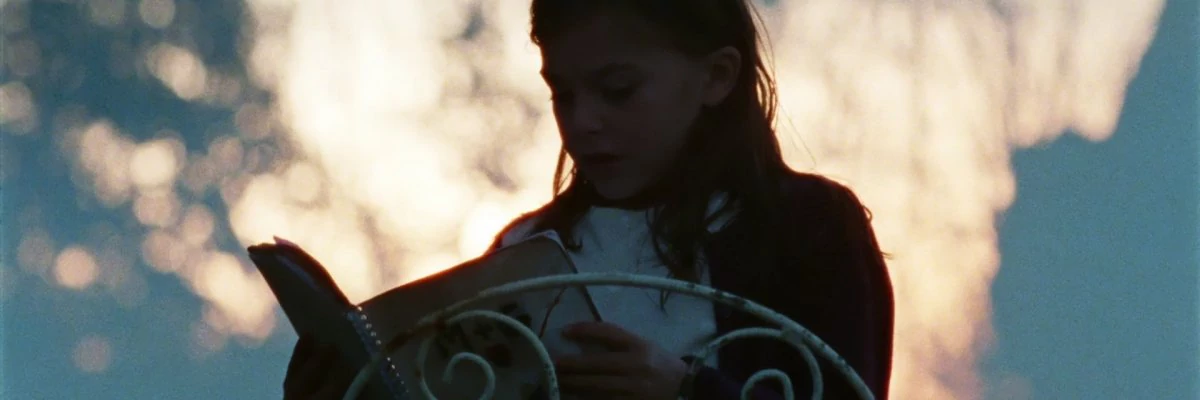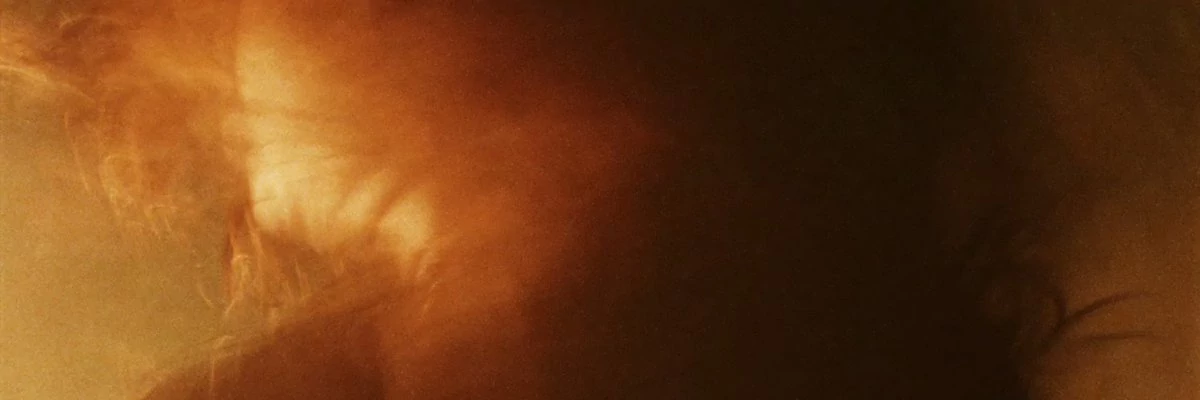Alleluia

Eleven years ago Fabrice Du Welz made a big impression with his first feature film. Back then the Belgian film scene wasn't exactly known for its edgy films (Man Bites Dog being a notable exception), The Ordeal started to turn things around. Ever since Du Welz has been carrying the mark of up-and coming-director, though that didn't really translate itself into a rich and varied oeuvre. Du Welz's output has been rather sparse, but that's just a typical case of quality over quantity. Alléluia is his latest offering and a more than worthy successor to his earlier films.

Even though Fabrice Du Welz could be branded a horror film director, he loves to work outside the typical boundaries of the genre, never letting himself be confined by its rules and limitations. Calvaire offered a strong dose of black comedy, while Vinyan explored the horrors of losing one's child. Alléluia offers a similar deviation, focusing on the twisted relationship between two damaged people who stay together more out of fear of being alone than out of love and kinship.
The film is loosely based on the story of Martha Beck and Raymond Fernandez, an American couple whose lives led them down a similarly cruel path during the late '40s. The word 'loosely' is key here though, as the story merely seems to have sparked the idea for this film. Instead, Alléluia follows the life of Gloria, a middle-aged mother abandoned by her husband, left alone to take care of their child. Afraid she will shut herself off from the outside world, a friend of Gloria urges her to join a dating site.
There she finds Michel, a nice-looking chap who shows all the signs of being prime husband material. Gloria takes the plunge and after a nice evening out they end up in bed together. Things are looking up for Gloria, but the next day Michel disappears after lending some money from her. Gloria tracks him down and finds him in the arms of another woman. But rather than sinking back into her life of loneliness, she decides to stand by Michel, helping him to deal with his issues.

Du Welz's first two films were shot by Benoît Debie (Irreversible, Enter the Void), one of this generation's most ravishing cinematographers. For Alléluia he switched to Manuel Dacosse, a very promising alternative. Dacosse is known for his work on Amer and L'Étrange Couleur des Larmes de ton Corps, two unique films that stand out because of their strong visuals, though somewhat let down by poor editing choices. Luckily there's none of that here. Powerful close-ups, excellent use of the dim and grim surroundings, strong lighting, and some first-class visual muscle during the film's key scenes. Dacosse turned out to be a worthy replacement.
The soundtrack too plays a big part in the film's menacing atmosphere. It starts off rather gentle and soothing, only to grow darker and viler as the film treads into increasingly twisted territory. Pulsating, distorted rhythms add drive to the key moments, underlining the mental stress and psychological unease of our central duo. It's a soundtrack that doesn't hide in the background, but demands to be heard and isn't afraid to add something to the whole. Good stuff.
Lola Dueñas takes up the role of Gloria and she does so with great devotion. It's not an easy part, her character suffers both physically and mentally and her actions and choices can at times be hard (if not impossible) to grasp, but Dueñas makes it work. She finds a great adversary in Laurent Lucas, who shows he can handle both a hapless loser (Calvaire) and a calculated maniac. They form a terrifying couple, pulling the audience through some of the harder scenes with deceptive ease.

The first 15 minutes of the film are pretty tame and betray little of what is to come, from there on out the film starts its inevitable descent into madness. Gloria's role is crucial as she undergoes the biggest transformation, not merely clinging to Michel's madness but overtaking it in order to try and control the situation. It's no surprise that things don't end well for just about everyone involved, still, Du Welz manages to take it well beyond the expected.
And yet, no matter how grim and dark things may become, there's still a pitch-black layer of comedy present that makes Alléluia all the more devilish. The reference to Calvaire (where Lucas is forcibly turned into Gloria, the innkeeper's wife) is terrific, and the song next to the corps is quite bizarre, but it's the uncontrollable laughter of Gloria when Michel spins his missionary story that really got to me. It's a nasty and vile scene, but at the same time, it's very hard not to laugh.
Alléluia is definitely a film that grew on me. The crescendo is skilfully executed and even continued after the film had finished. While the start is a little slow, it's essential to the build-up and even though it never becomes as extreme or over-the-top as other films, there's a tangible darkness that leaves the kind of deep and strong impression most horror films can only dream of. With this film, Du Welz fortifies his status as one of the best and most unique directors to come out of Belgium, though I'm pretty sure not everyone will appreciate the slice of madness that is served here. If you're up for it though, it's a damn tasty treat.